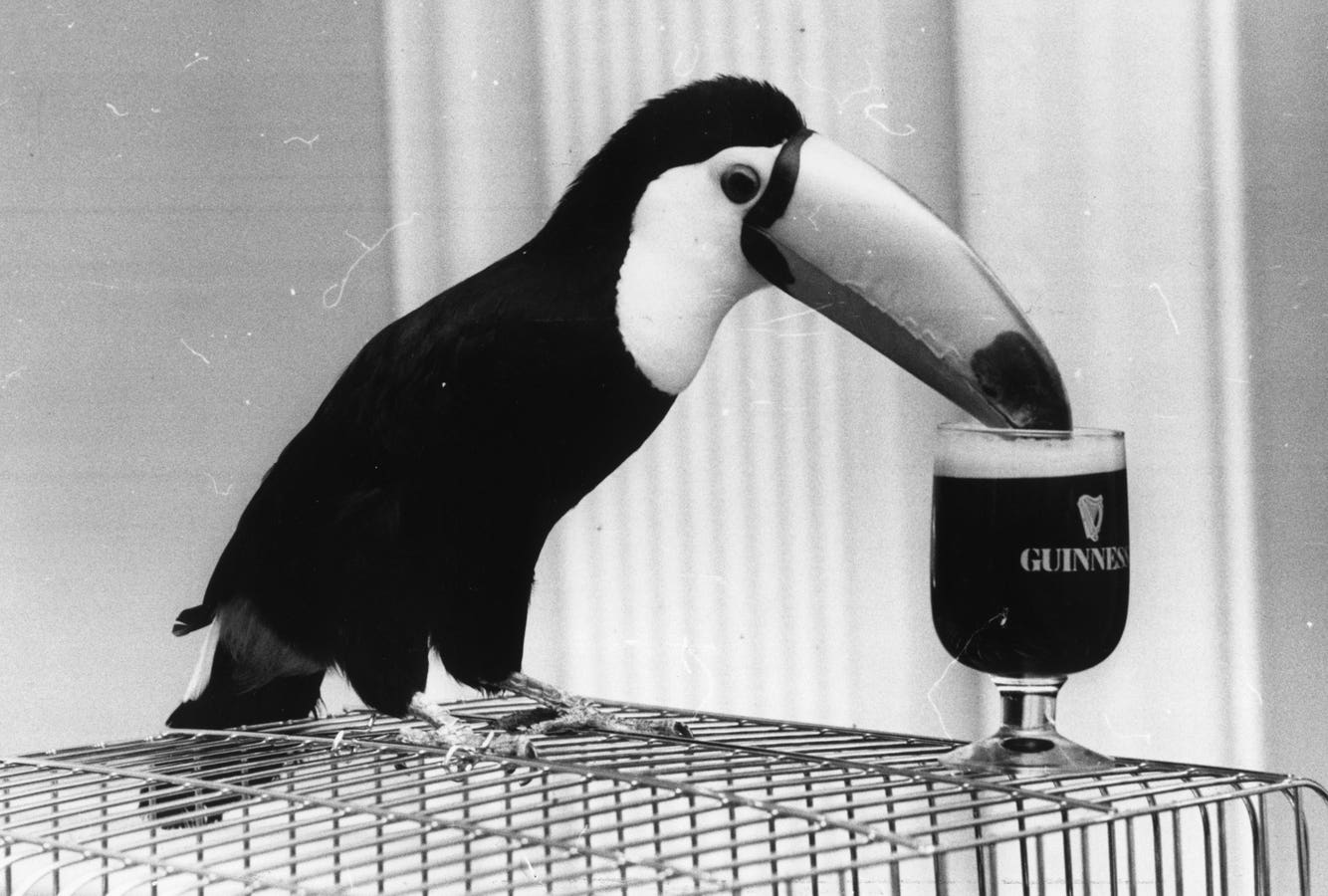In the ever-evolving landscape of the global beer industry, few brands have achieved the iconic status and enduring popularity of Guinness. This dark, creamy stout, with its distinctive flavour and rich history, has not only become a staple in pubs and bars worldwide but has also seen a remarkable surge in popularity recently, particularly in the UK.
A Surge in Sales and Market Dominance
Recent financial reports reveal a striking upward trajectory for Guinness. The beer division of its parent company, Diageo, reported a 14% increase in net sales, with volumes up by 3%. This growth is attributed to strong performance across all regions, with the notable exception of Asia Pacific. In the UK, Guinness has achieved a significant milestone, becoming the best-selling beer in both the on-trade (pubs and bars) and off-trade (retail) markets which underscores the brand’s deep-rooted appeal and its ability to resonate with a diverse range of consumers.
Historical Perspective: From Local Brew to Global Phenomenon
The rise of Guinness is a story that spans over two centuries. Established in 1759 by Arthur Guinness, the brand has weathered economic downturns, wars, and changing consumer tastes. By 1868, sales had reached 350,000 barrels, and by 1876, this number had more than doubled to 779,000 barrels. The decision to go public in 1886 marked a turning point, providing the capital needed to expand operations and distribution networks. Today, Guinness is not only a top-three British and Irish brewer but also a global powerhouse, with its stouts and ales enjoyed in over 150 countries.
Innovation and Adaptation: The Key to Sustained Growth
One of the critical factors in Guinness’s recent success is its ability to innovate and adapt to changing market trends. The launch of Guinness 0.0 in 2021, a non-alcoholic version of the classic stout, is a testament to this strategy. In a market where consumers are increasingly seeking low-alcohol or alcohol-free alternatives, Guinness 0.0 has quickly become the top-selling non-alcoholic beer in Great Britain in the four-pack format. This move not only broadens the brand’s appeal but also demonstrates its commitment to inclusivity and responsible drinking.
The Power of Branding and Experience
A significant part of the enduring popularity of Guinness can be attributed to its branding efforts and the creation of immersive consumer experiences. The Guinness Storehouse in Dublin, a state-of-the-art brewery experience, has become a must-visit destination for beer enthusiasts and tourists alike. Since its opening, it has played a pivotal role in reinvigorating the brand and deepening its connection with consumers. Furthermore, the launch of the “Made of More” advertising campaign in 2012 has reinforced the Guinness brand identity. This campaign, known for its emotive storytelling and high-quality production, has resonated with audiences worldwide, further solidifying the brand’s position in the market.
Challenges and Opportunities Ahead
Despite its current success, Guinness faces challenges in an increasingly competitive and fast-changing industry. The rise of craft beers and changing consumer preferences pose potential threats to its market share. However, the brand’s strong heritage, continuous innovation, and effective marketing strategies all position it well to navigate these challenges. As Guinness looks to the future, it will need to continue to adapt and to evolve while staying true to its core values. Expanding its product range, exploring new markets, and leveraging digital technologies for marketing and consumer engagement will be crucial in maintaining its growth trajectory.
The rise in popularity of Guinness is indeed testament to its quality, innovation and branding kudos. As it continues to adapt to the changing landscape of the beer industry, Guinness is poised to remain a beloved brand for generations to come. Whether it’s the classic stout or the newer non-alcoholic variant, Guinness has secured its place in the hearts of beer lovers worldwide, proving that it is indeed “Made of More.”
Read the full article here





